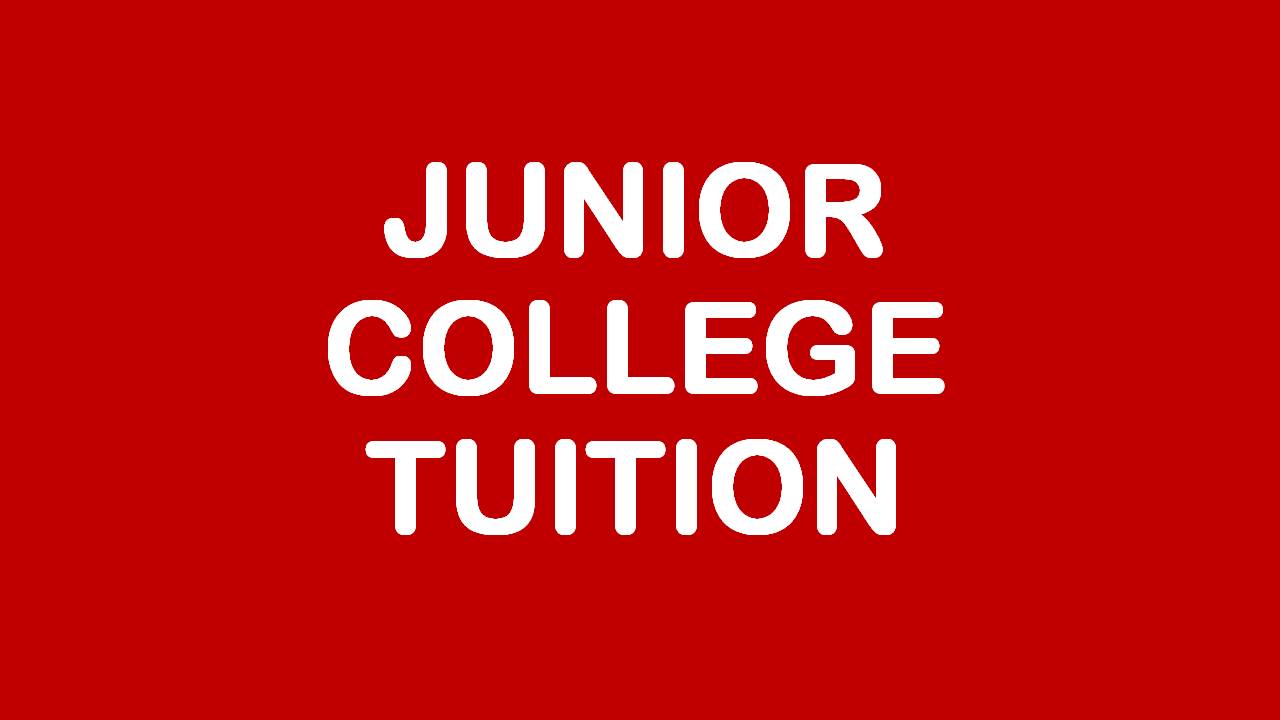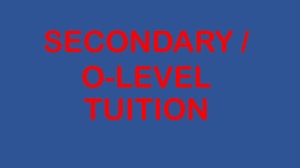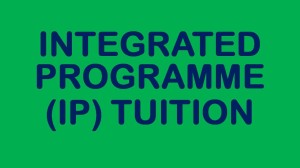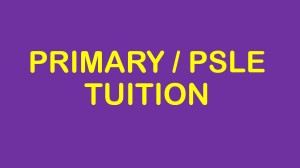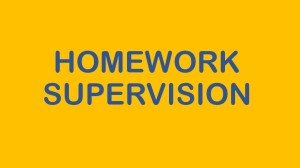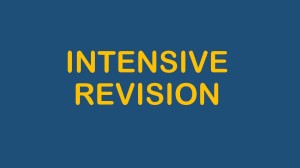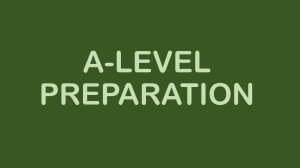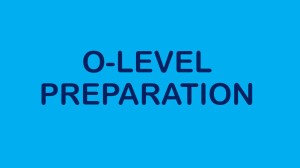One of the aims of mathematics education in schools in Singapore is to enable students to acquire thinking and problem solving skills and to make effective use of these skills to formulate and solve problems (MOE, 2007).
The existing curriculum framework for mathematics designed by the Ministry of Education (MOE) lists metacognition as one of the components on which the development of mathematical problem solving ability depends.
According to the MOE (2007), metacognition can be defined as the realization of, and the ability to regulate one’s thinking processes, in particular the choosing and application of problem-solving strategies. The MOE believes that it is important to provide students with metacognitive experience in order to help them develop their problem solving abilities.
Note: The above paragraphs are adapted from my minor research paper, Examining Supports for Metacognition in Singaporean Lower Secondary Mathematics Textbooks, NIE, 2011. All rights reserved.
Related links:
(1) Metacognition – The secret to learning and problem-solving;
(2) Metacognition and problem-solving;
(3) Metacognition enhances learning;
_______________________________________
TUITION CLASSES:
_______________________________________________________________
EDUCATIONAL SERVICES:
______________________________________________________________
By EX-MOE TEACHERS & EXPERIENCED TUTORS
@ BLK 644, BUKIT BATOK CENTRAL, #01-68. S(650644).
CALL 65694897 OR SMS 98530744 OR 97860411.
A new mission for schools …
“The 10 jobs projected to be the most in-demand jobs in 2010 did not even exist in 2004. Thus, the new mission of schools must be to prepare students to work at jobs that do not yet exist, creating ideas and solutions for products and problems that have not yet been identified, using technologies that have not yet been invented.”
– Prof. Linda Darling-Hammond, Charles E. Ducommun Professor of Education, Stanford University, in the Straits Times, Aug 26 2009, p. A12.
A Tribute To My Teachers …
I suppose there’s no better day than today to pay a tribute to a great group of teachers – my ex-lecturers and tutors at the NIE who patiently guided me through my two-and-half-year Master of Education course. Because of them, I actually changed the way I look at my own students and the way I impart knowledge and skills to them. These inspiring teachers are (not in order of awesomeness):
(1) Dr Theresa Alviar-Martin (Curriculum Theory);
(2) Assoc Prof Deng Zongyi (Critical Perspectives);
(3) Ms Mardiana Abu Bakar (Critical Perspectives);
(4) Ms Betsy Lim (Crafting The Curriculum);
(5) Ms Fong Lay Lean (Crafting The Curriculum);
(6) Dr Christina Lim-Ratnam (Curriculum Implementation);
(7) Dr Fang Yanping (Teacher Knowledge and Teacher Learning);
(8) Mr John Yeo (Teacher Knowledge and Teacher Learning);
(9) Dr Koh Kim Hong (Mastering The Art of Authentic Assessments);
(10) Prof Lam Chi Chung (Programme and Curriculum Evaluation);
(11) Assoc Prof Katerine Bielaczyc (Critical Inquiry).
In my line, I don’t need a Ph.D. But if there’s a good reason to do one, then it has to be the chance to work with them again.
Happy Teachers’ Day.
Sincerely from,
Quote – On the need to remove labelling …
“..persons marked as unworthy are unlikely to feel good enough to pose the questions in which learning begins, unlikely to experience whatever curriculum is presented as relevant to their being in the world.” (p. 212)
Greene, M. (1993). Diversity and inclusion: toward a curriculum for human beings. Teachers College Record, 95(2), 211-221.
